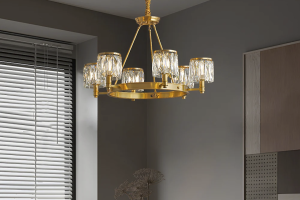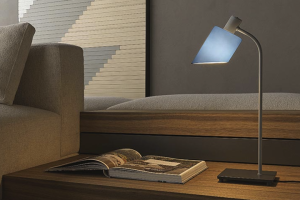Introduction
Murano pendant lights are renowned for their stunning beauty and elegant design. These exquisite lighting fixtures are crafted on the small island of Murano, located just off the coast of Venice, Italy. For centuries, Murano has been home to some of the world’s most talented glassmakers, who have created mesmerizing works of art that have graced museums and private collections around the world. In this article, we will explore the fascinating history and unique features of Murano pendant lights.
The History of Murano Pendant Lights
The history of Murano pendant lights dates back to the 13th century, when glassmaking first began to thrive on the island of Murano. Murano glass quickly became famous for its quality and beauty, and the glassmakers of Murano became celebrated craftsmen throughout Europe.
As glassmaking techniques and technology evolved, so did the artistry and complexity of Murano glass. In the 16th and 17th centuries, Murano glassmakers developed the technique of creating intricate filigree patterns using thin glass threads. They also perfected the art of millefiori, or “thousand flowers” – a process that involves creating intricate patterns using colored glass canes.
These advanced glassmaking techniques allowed Murano pendant lights to become even more ornate and decorative. Murano glassmakers began creating pendant lights with intricate floral motifs, swirling patterns, and delicate filigree work.
The Unique Features of Murano Pendant Lights
Murano pendant lights are famed for their exquisite design and craftsmanship. Each Murano pendant light is a unique work of art, handcrafted by skilled glassmakers using traditional techniques that have been passed down through generations.
One of the unique features of Murano pendant lights is their use of color. Murano glassmakers are known for their ability to create an endless array of stunning colors and shades, ranging from bright and bold to soft and subtle. Murano pendant lights often combine multiple colors in intricate patterns and designs, creating a dazzling display of swirling colors and shapes.
Another unique feature of Murano pendant lights is their use of texture. Murano glassmakers are known for their ability to create a wide range of textures and finishes, from smooth and polished to rough and textured. Some Murano pendant lights feature intricate patterns and designs that are etched or carved into the surface of the glass, adding depth and dimension to the overall design.
Choosing the Perfect Murano Pendant Light
If you are considering adding a Murano pendant light to your home or business, there are several factors to consider. First, think about your overall decor and the aesthetic you are trying to achieve. Murano pendant lights come in a wide range of styles and designs, so it’s important to choose one that complements your existing decor.
You should also consider the size of your space and the scale of the pendant light. Murano pendant lights can range in size from small and delicate to large and imposing, so it’s important to choose one that is proportionate to your space.
Finally, consider the color and texture of the Murano pendant light. Choose a color and texture that complements your existing decor and adds visual interest to your space.






More Stories
Enhance Your Dining Space with an Acrylic Table Lamp
Enhance Your Living Room with Embedded LED Lights
10 Small Dining Room Lighting Ideas for a Cozy Space